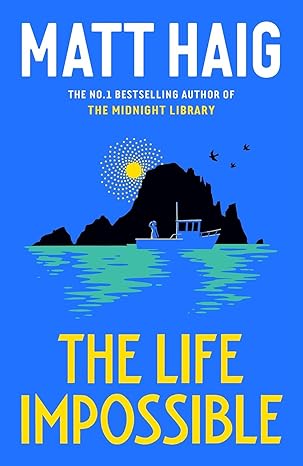Homeland by Fernando Aramburu
The story of the ETA uprising for Basque independence from Spain, which led to the loss of 850 lives, is told through the lives of two families, living in a small town near San Sebastian.
The political is made personal in Aramburu's bestselling novel. A rift develops between two families, once close, which mirrors the division in Basque society between those who supported ETA's violent struggle and those who condemned it.
It is a long book, running to some 600 printed pages, yet makes for easy reading for it is broken up into short, dialogue filled, chapters. These go back and forth in time and switch between the various characters, giving an insight into their thoughts and feelings.The narrative structure is complex, moving the story forward while filling in details of events in the past. Two families once close, the two women, Bittori and Miren, such good friends they were like sisters, their husbands members of a cycling club, their children friends, become estranged when they find themselves on opposite side of ETA's struggle.
Txato, Bittori's husband, who has built a successful business from scratch, becomes the target of ETA's extortion and, when he refuses to pay, is murdered - the death is revealed at the beginning. The split is cemented when Miren and Joxian's son, Joxe Mari, joins ETA.
Miren becomes a fervent ETA supporter, Bittori a victim of its attacks. In a small place dominated by ETA no one, not even the priest, can remain neutral.The only way to escape ETA's grip is to leave as Gorka, Miren's younger son, does and make a life elsewhere. While the terrorist movement and its consequences dominate, it is not the only thing affecting the lives of the characters.They grow older, their children grow up, pursue careers, find partners, suffer ill health, one, Arantxa, has a stroke that leaves her disabled, know joys and disappointments, like people everywhere. As a fictional writer says in the book, his aim was to write "without hatred against the language of hatred".
Fernando Aramburu has succeeded triumphantly in doing this. He writes even handedly about the brutal methods and torture used by the police and the callous disregard for the killing of innocent lives by the terrorists.
The book ends on a note of redemption. The ETA struggle comes to an end. The two families come to terms with the events of the past and inch slowly towards reconciliation.
Submitted by Vidya






